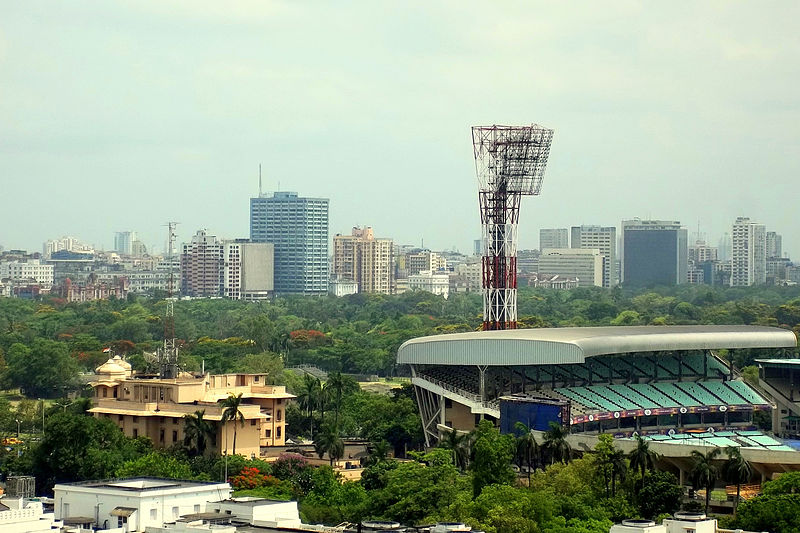Urban Infrastructure Within India: Deterioration and Implications
On Thursday, March 31, a flyover collapsed in the Burrabazar neighborhood of the Indian city of Kolkata, killing at least 26 people and injuring 89 others. One hundred meters of the overpass fell to the street following the addition of concrete to steel girders erected earlier that day. A representative of IVRCL, the construction company that headed the building of the overpass, has denied responsibility for the collapse, claiming that 70 percent of the construction had been completed without negative incident. However, Kolkata police authorities have arrested or detained ten company officials on charges of criminal breach of trust and culpable homicide, accusations that could lead to prison sentences ranging from seven years to a life term.

The collapse of the Kolkata flyover constitutes one in a series of recent examples of infrastructure deterioration in various states across the country. From 2006 to 2013, three incidents of bridge and overpass collapses occurred in the states of Bihar, Rajasthan, and Surat, leading to significant casualties. Kolkata itself suffered the collapse of a completed overpass in March 2013. In 2014, buildings caved in the cities of Chennai and Goa, causing death tolls of at least 9 and 29 respectively. Perhaps one of the more infamous examples of infrastructure deterioration, Delhi saw the collapse of a bridge just outside of a stadium built to house the 2010 Commonwealth Games which India was hosting.
Such tragedies speak to broader concerns regarding the effects of lack of regulation and corruption on the quality of urban infrastructure across the country. For example, many blame the administration of the governing Trinamool Congress party for the most recent Kolkata flyover collapse. Accusations regarding prior knowledge of concerns surrounding the work of IVRCL have also been leveled at state Chief Minister Mamata Banerjee. In her prior capacity as state railway minister, Banerjee allegedly provided IVRCL with a 2011 contract for the construction of a tunnel, in spite of knowledge that the company had previously been blacklisted for investigation. Moreover, a sub-contractor who supplied construction materials to the company for the construction of the collapsed flyover has been found to possess close links to the Trinamool Congress. Such accusations call into question the political viability of rapid infrastructure expansion, estimated to drive a significant portion economic growth in India’s urban spaces.
